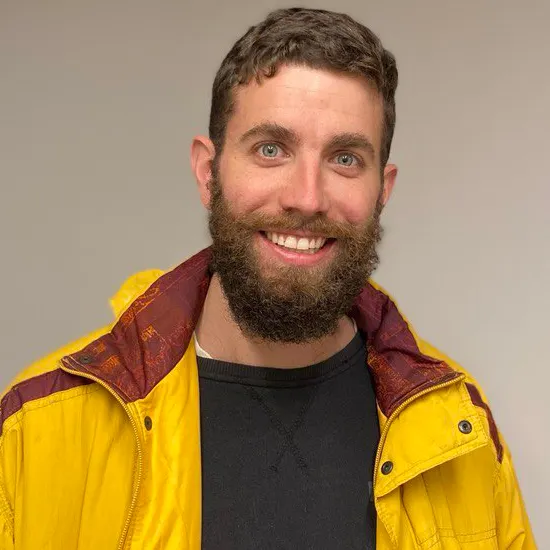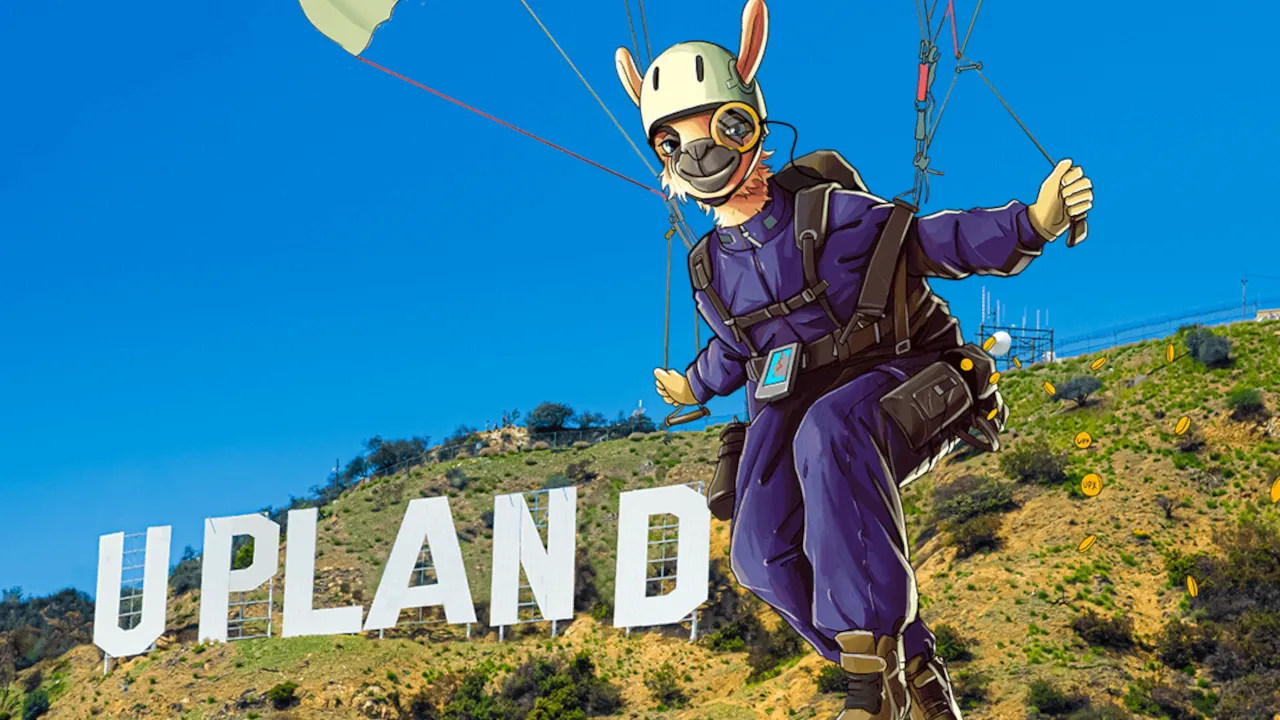Upland, a blockchain real estate collecting and trading game, announced a $7 million Series A extension raise on Friday. Led by EOS Network Ventures in the fund’s first crypto gaming investment, the extension follows the initial $18 million Series A raise in 2021.
The injection of capital will go to adding more features for the location-based game, which lets players purchase digital locations on a real-world map. Upland also plans to intensify its marketing strategy, enable third-party developer tools, and launch an Ethereum token tied to its current in-game utility token.
“The metaverse is far from being dead,” Upland Co-CEO and co-founder Dirk Lueth told Decrypt in advance of the announcement.
Inspired by the board game Monopoly, Upland began as a property trading game in 2019, allowing players to buy and sell digital versions of real-world properties along with myriad other activities. It has since added cafes, treasure hunting, and vehicles, and will host fashion week events in the future.
Upland says that it has over 3 million total registered players, including about 30,000 daily active users, and it has inked deals with big sports organizations such as FIFA and the NFL Players Association while adding more and more locations in the United States, Latin America, and Europe.
For Upland, its geographic strategy is ultimately driven by localized interest. Leuth noted its recent partnership with anime-style profile picture (PFP) NFT project, ON1 Force, which helped Upland enter Japanese territory with the addition of Tokyo to the game.
Built on the EOS network, Upland has gradually expanded over the years, and continues to do so even as buzz around the concept of the “metaverse” has subsided over the last year or so. The quieting buzz doesn’t faze Leuth.
“At the end of the day, it’s just a word,” he told Decrypt, insisting that the immersive web is very much alive and well. He called it “the paradigm of how things will happen in the future.”
He added that “maybe the speculators have left,” but noted the existence of OMA3—aka the Open Metaverse Alliance of Web3, an organization that Leuth serves as chairperson of—as a signal of continued development in the space. Focused on creating metaverse standards, OMA3 is a consortium of blockchain, NFT, and metaverse companies that includes major players like Animoca Brands, Yuga Labs, and The Sandbox, along with Upland.
EOS has lost prominence over the years. It ranks 23rd on DefiLlama for total value locked (TVL), which stands at $69 million, underlining a consistent downtrend with no signs of stopping. The EOS token is ranked 60th in terms of total market cap among cryptocurrencies via CoinGecko, and is over five years out from its all-time high price.
That doesn’t bother Lueth, who told Decrypt that when Upland was founded in 2018, EOS was one of the only viable blockchains for such a project.
“We couldn’t use Ethereum because of their gas fees,” said Leuth. After some analysis, the team decided EOS was the “best blockchain” for their needs, and he claimed that Upland is now minting 80 NFTs per second thanks to the blockchain’s technical features. The EOS Network Ventures investment suggests that backers are still trying to grow the ecosystem.
The Series A extension, which included participation from existing investors Animoca Brands and C3 Venture Capital, will also help fund Upland’s upcoming move to make its in-game Spark token tradable on Ethereum, as Sparklet. Leuth said that the decision to expand the token outside of the game’s own ecosystem is pragmatic.
“This will increase the visibility of Upland on the open market,” he explained.
The Co-CEO said that Ripple’s favorable court ruling also helped sway Upland to propose the initiative. One big advantage, he also pointed out, is that the team has never sold the token to investors or the team, potentially helping Upland avoid the kind of securities-related scrutiny that other crypto startups have faced from the SEC.
Although the crypto ecosystem has created an image of building fast and breaking things, Lueth insists on a more long-term focus for the industry.
“Gaming will drive adoption in general,” he concluded, “but it won’t happen overnight.”
Edited by Andrew Hayward

